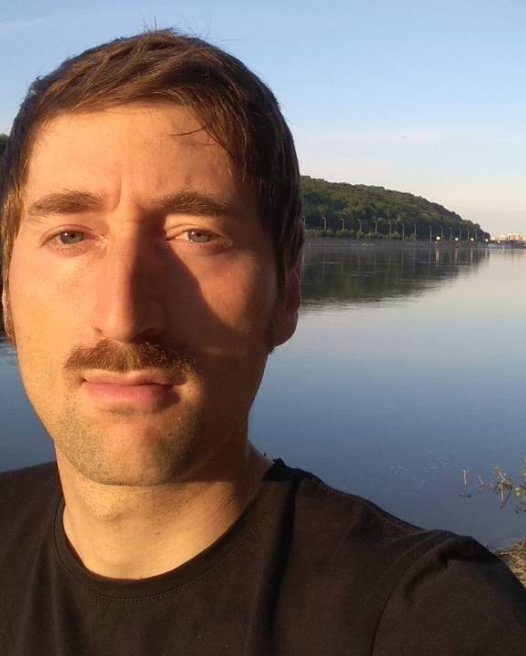The Heavenly Eye
In March 2014 armed conflict broke out in the East of Ukraine. A recent graduate from a prestigious liberal arts school in Kyiv, Maria Berlinska readily went to the frontline among the first volunteers of Donbass war.
From the very first days in the East, Maria recognized the strategic importance of the drone imagery intelligence, which she calls “the eyes of the army”. Seeing the terrain from above allows to precisely focus the artillery fire and save accidental civilian lives. Moreover, it anticipates the fire behind enemy lines and considerably prevents combat casualties. Maria quickly learnt to operate drones and started promoting its use in the army. But the outdated, corrupted, resistant to innovations Ukrainian military machine was not ready to apply skill and technology. And could a young girl know what’s what in the army - the oldest of “real men’s” business?
Since autumn 2014 Maria has been increasingly wanted all over the frontline. In between the drone imagery intelligence operations she keeps returning to Kyiv where she had founded a training centre. Since 2015 she has been teaching Ukrainian soldiers to operate pilotless aircrafts.
Every day Ukrainian battalion commanders are requesting the drone imagery intelligence equipment. The government and the commandership point fingers towards each other. Maria is currently launching a crowdfunding campaign The Heavenly Eye in order to supply basic copters to the frontline. Originally designed for civilian landscape photography, these small flying cameras managed to save lives of many Ukrainian soldiers.
“When I look at the artillery shelling from the air, I am mesmarized. It is scary and beautiful at the same time”, - says Maria. Her drone footage looks exactly like professional landscape cinematography - until you suddenly see the shootings. As if the war chooses to destroy beautifully.
The Heavenly Eye is a story about a surprising relationship between humans, politics and technology.
From the very first days in the East, Maria recognized the strategic importance of the drone imagery intelligence, which she calls “the eyes of the army”. Seeing the terrain from above allows to precisely focus the artillery fire and save accidental civilian lives. Moreover, it anticipates the fire behind enemy lines and considerably prevents combat casualties. Maria quickly learnt to operate drones and started promoting its use in the army. But the outdated, corrupted, resistant to innovations Ukrainian military machine was not ready to apply skill and technology. And could a young girl know what’s what in the army - the oldest of “real men’s” business?
Since autumn 2014 Maria has been increasingly wanted all over the frontline. In between the drone imagery intelligence operations she keeps returning to Kyiv where she had founded a training centre. Since 2015 she has been teaching Ukrainian soldiers to operate pilotless aircrafts.
Every day Ukrainian battalion commanders are requesting the drone imagery intelligence equipment. The government and the commandership point fingers towards each other. Maria is currently launching a crowdfunding campaign The Heavenly Eye in order to supply basic copters to the frontline. Originally designed for civilian landscape photography, these small flying cameras managed to save lives of many Ukrainian soldiers.
“When I look at the artillery shelling from the air, I am mesmarized. It is scary and beautiful at the same time”, - says Maria. Her drone footage looks exactly like professional landscape cinematography - until you suddenly see the shootings. As if the war chooses to destroy beautifully.
The Heavenly Eye is a story about a surprising relationship between humans, politics and technology.
